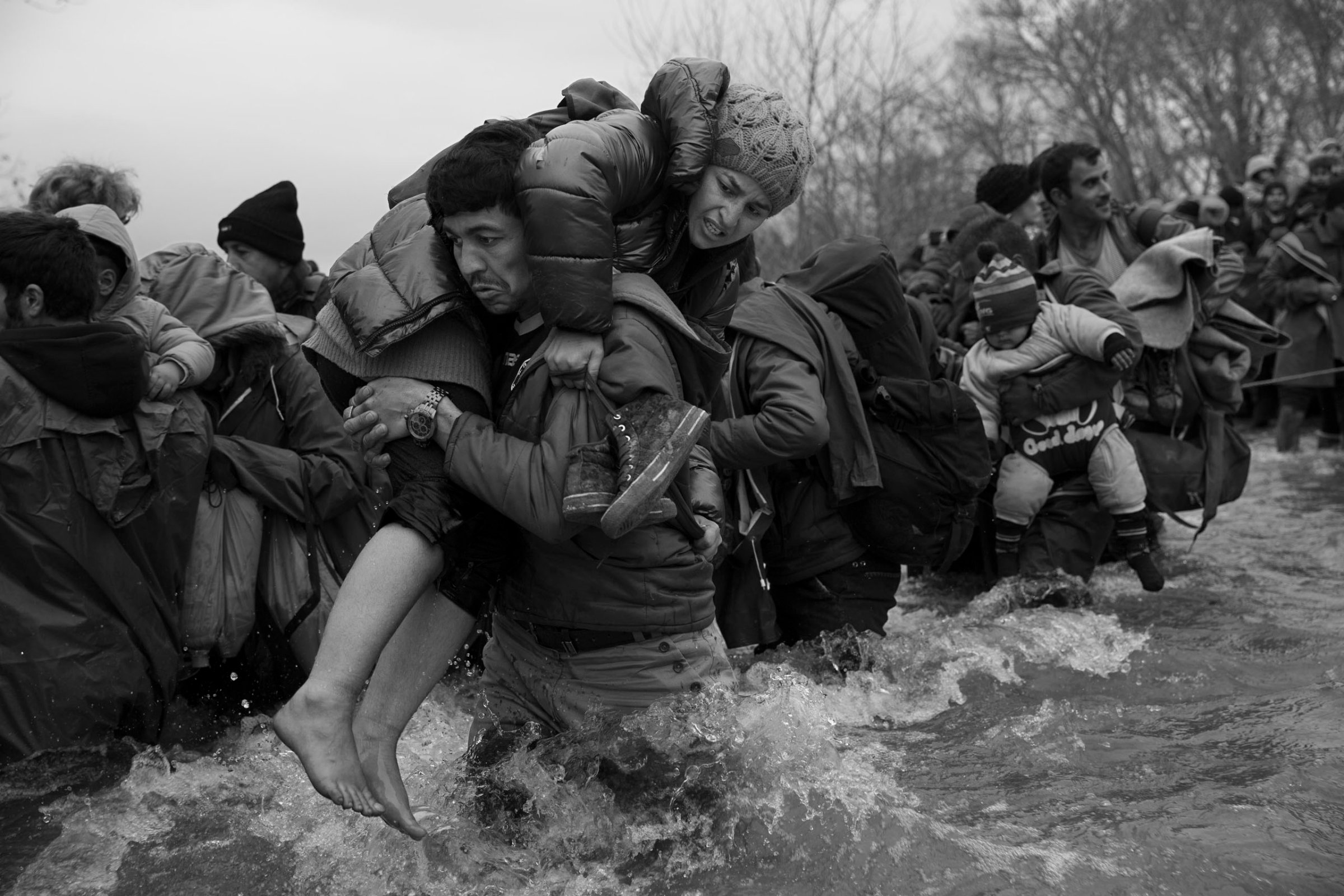
Around midnight on March 13, a young Syrian man named Abdo stepped into Tent No. 1 of the refugee camp of Idomeni, in northern Greece, and asked the men inside to gather around. About 200 asylum seekers live in that tent, mostly packed into tight rows of bunk beds, with some sleeping on the wooden floor. The air inside was musty with the smell of wet blankets and bodies as Abdo made his pitch.
According to several of the migrants who listened to him in the darkness, his words were painful to hear. Their chances of being allowed to cross the borders to Western Europe, Abdo said, were practically zero. The so-called Balkan route — which more than a million asylum seekers used to reach Germany last year, going from Turkey to Greece and into Eastern Europe — had been shut to transiting migrants. What was worse, all of them now face the prospect of being deported back to Turkey — part of a deal that European and Turkish leaders are expected to finalize later this week. As Abdo rightly noted, no one had been permitted to cross from Greece into Macedonia over the previous two weeks, and no one would be allowed to go through any time soon.
Unfolding a piece of paper, he told the other refugees that they only had one choice: to form a massive column and make a long and treacherous hike through Europe. They would have strength in numbers. “We will need to make one group of thousands of people, and police won’t be able to stop us and send us back,” read the paper he showed to the other migrants, an official-looking flyer typed out in Arabic. It included a detailed map, depicting a path through rough and mountainous terrain to a patch of the border where there is no fence.
Among its numerous deceptions, the flyer claimed that the walk to this point was only about 5 km long, and that a river which the migrants would need to cross had run dry. The leaflet also suggested that once the migrants had made it illegally across the border into Macedonia, Germany would somehow welcome them with open arms.
All of these claims were false, yet they seemed to spark one of the most desperate and reckless episodes of Europe’s refugee crisis, one that provides a warning of what’s to come as migrants seek new ways to break through the Balkan blockade. For tens of thousands of asylum-seekers, Greece has become a kind of purgatory. They were able to reach the Greek islands on rubber rafts from Turkey earlier this year, just as hundreds of thousands of other migrants had last year. But by the time they got to the northern border, Macedonia and several other countries to the north of Greece had shut the gates, leaving them marooned in muddy squalor at the rain-soaked camp of Idomeni, which is now home to around 12,000 migrants. Conditions there have grown increasingly nasty, with shortages of food, toilets and health care, not to mention beds. Spread out on a field where corn once grew, thousands of the camp’s inhabitants have been sleeping for weeks in flimsy tents on top of the mud, often burning plastic and other garbage to stay warm.
Their first attempt to break through the border, during a violent protest on Feb. 29, ended in failure when Macedonian troops shot tear gas into the crowds. Their second attempt began at noon on March 14, the day after Abdo circulated through the camp with his appeal. Roughly a thousand asylum seekers agreed to follow him. They packed up their possessions and, driven by the promise of salvation on those flyers, set out on foot to the northwest. Abdo, carrying a can of Monster energy drink in his hand and a loaded rucksack on his back, led the march into the hills along with a few of the other organizers, all Arabic-speaking refugees. The organizers were mostly Syrian, but there were many Afghans, Iraqis and other nationalities among the marchers.
“Our group is walking all the way to Germany,” Abdo told me early in the march, declining to give his surname. “We are tired of waiting for these stupid decisions from Europe. Each time we protest in the camp, nobody listens to us. So we will move the borders ourselves.”
Behind him, along a dirt track leading through the hills, a haggard but lively tribe had taken shape. Several men in wheelchairs — one of them missing both legs below the knee, another too old and infirm to walk — were being pulled and carried through ankle-deep puddles. Young women held swaddled infants in their arms, and older ones balanced huge pieces of luggage on their heads. Sporadically, clusters of people broke into Arabic songs or chanted in unison the word Germany — their intended destination.
They had no plans of breaking through the borders violently. During one of the first stops they took to rest along the road, one of the leaders, a Syrian with sunken cheeks, shouted for attention. “Keep the Afghans in the back,” he cried in Arabic, a language most Afghans can’t understand. “They are the troublemakers who provoke the police. If I see one Afghan with a rock in his hand at the front of the column, I’ll kill him myself and leave his body on the road!”
Read More: Exclusive: Greece Won’t Use Force to Move Refugees Stuck in Squalid Camp
Soon after, the march encountered the first police barricade. Greek border guards, following along in trucks, had kept watch on the migrants’ progress through the hills, and when the column reached a paved road, troops in riot gear lined up in front of the marchers. At the front, Abdo yelled for the throng to come close and push against the policemen, one of whom held a submachine gun in his arms.
A chaotic shouting match ensued. Chloe Kousoula, the Greek-American co-founder of a volunteer group that has been helping refugees at Idomeni since August, tried to convince the refugees to desist. “They are here to protect you,” she told one of the leaders of the march, standing between him and the line of Greek policemen. “If you pass, the Macedonian police will use [tear] gas, [they will] shoot at you,” she pleaded. “You have children here.” Undeterred, the dense crowd of asylum seekers began chanting — “Greece! Greece!” — and within a minute or so the police stood aside.
“Our orders are no violence,” said their commander, the head of the riot squad in the Greek municipality of Kilkis, who declined to give his name. “That’s what Athens says. So what can we do?” And so the march was allowed to continue.
At the first Greek village the migrants passed, a bucolic hamlet called Chamilo, groups of locals lined up along the street to watch the stream of foreigners, many of the Greeks filming the march on their smartphones. One elderly couple went out into their yard and handed out boxes of juice to the passing migrants. “We love this,” said one of the locals, a 21-year-old named George Thoidis. “They are taking their freedom. They need a home, health and a home. So this is a good thing they’re doing.”
Read More: Syrian Refugees Say That No Deal Will Stop Them From Reaching Europe
Soon the terrain again grew rugged, winding through muddy fields and forests until the migrants reached their primary obstacle — a swift and murky river. On the flyers that many of them had seen before setting out, this river was marked on the map, but a note in Arabic declared that it “has no water.”
That was another deception, but the migrants felt they had gone too far to turn back. So they gathered along the right bank of the river, took off their shoes and rolled up their pants. The water, thankfully, was not very deep, but the current was strong enough, in some cases, to knock even the healthy young men off their feet. The women among them looked petrified, and arguments began as husbands tried to convince their wives to carry their children across.
Amal Mesaid, a refugee from the city of Dara’a, where the Syrian civil war began, handed her three young children, ages 4, 6 and 7, down to the human chain that the marchers had formed through the river. Then she watched as they were carefully carried along to the other side. “I’m sorry for this,” Mesaid told me after walking across, her eyes wet. “We just want to get through and leave all of this behind. We have no other choice.”
Among the migrants, rumors then began to circulate of another river further down the road, much bigger and deeper than the first one. But they continued marching anyway, their feet sinking to the ankles in the lush green fields. About four hours into their journey, they came to a high fence topped with razor wire, marking the border with Macedonia. It stretched into the hills, and the migrants stopped to rest alongside it — changing diapers and breastfeeding children — before their march turned slightly southward, away from the border, into a narrow and winding path through rocky slopes and bushes.
Without warning, a few soldiers soon appeared at the bottom of a hill, carrying Kalashnikov assault rifles. They beckoned to the line of refugees to keep coming toward them. This was the Macedonian military, which had already deployed to await the arrival of the refugees. The border between Greece and Macedonia in this rural area is not marked — that, at least, the flyers had predicted correctly — so the migrants had no idea they had entered Macedonia until they saw the sunburst flag of the country on the soldiers’ uniforms.
Read More: The E.U.’s Deal on Migrants Is Immoral and Illegal
At a fork in the road, the troops then began separating people in the crowd who appeared European — mostly journalists, activists and volunteers — from those who looked like refugees. It was an inexact process, one that seemed mostly based on skin color. Several reporters were herded to the left and made to sit in the mud for hours, along with hundreds of refugees. At least one refugee from Syria was told to turn right, into a field where the military detained the people with lighter skin, including me.
I have no way of knowing exactly what happened to the migrants after that. About 70 of the journalists and charity workers who had been following the march, including myself, were crammed into vans and driven to a police station in Gevgelija, a bleak border town in Macedonia that was swarming with military trucks and armored vehicles sent to stop the influx of migrants. But it wasn’t just Macedonians. Uniformed police officers from several other countries along the Balkan route that have restricted entry for refugees — among them Czechs, Slovenians, Croatians and Austrians — paced around the police station as well, dressed in padded riot gear. The Czech officers seemed by far the most aggressive, repeatedly shoving and hitting the reporters and volunteers. “You’re a criminal. Go away!” one shouted when I asked why Czech officers were working in Macedonia.
Their presence was, in many ways, remarkable. Against the objections of the U.N. and the European Union in February, several E.U. member states, led by Austria, independently called a summit of the countries that sit along the migration route through the Balkans, including non-E.U. members like Macedonia and Serbia. Their national chiefs of police then decided to cooperate in restricting the inflow of migrants who try to pass through Greece into mainland Europe. But they did not give their Greek counterparts a say in that decision, which has been frustrating for Athens, left to deal with tens of thousands of migrants.
“We’re all alone,” said the Greek police official in charge of liaising with his colleagues in Macedonia, who asked TIME not to print his name, as he is not authorized to speak to the media. “Greece now needs to understand this and deal with it. There is no more Europe like it was before,” he said at the police station in Gevgelija, where he had gone to negotiate the release of Greek citizens. “Now it’s every country making decisions on its own.”
The Faces of Syria’s Child Refugees
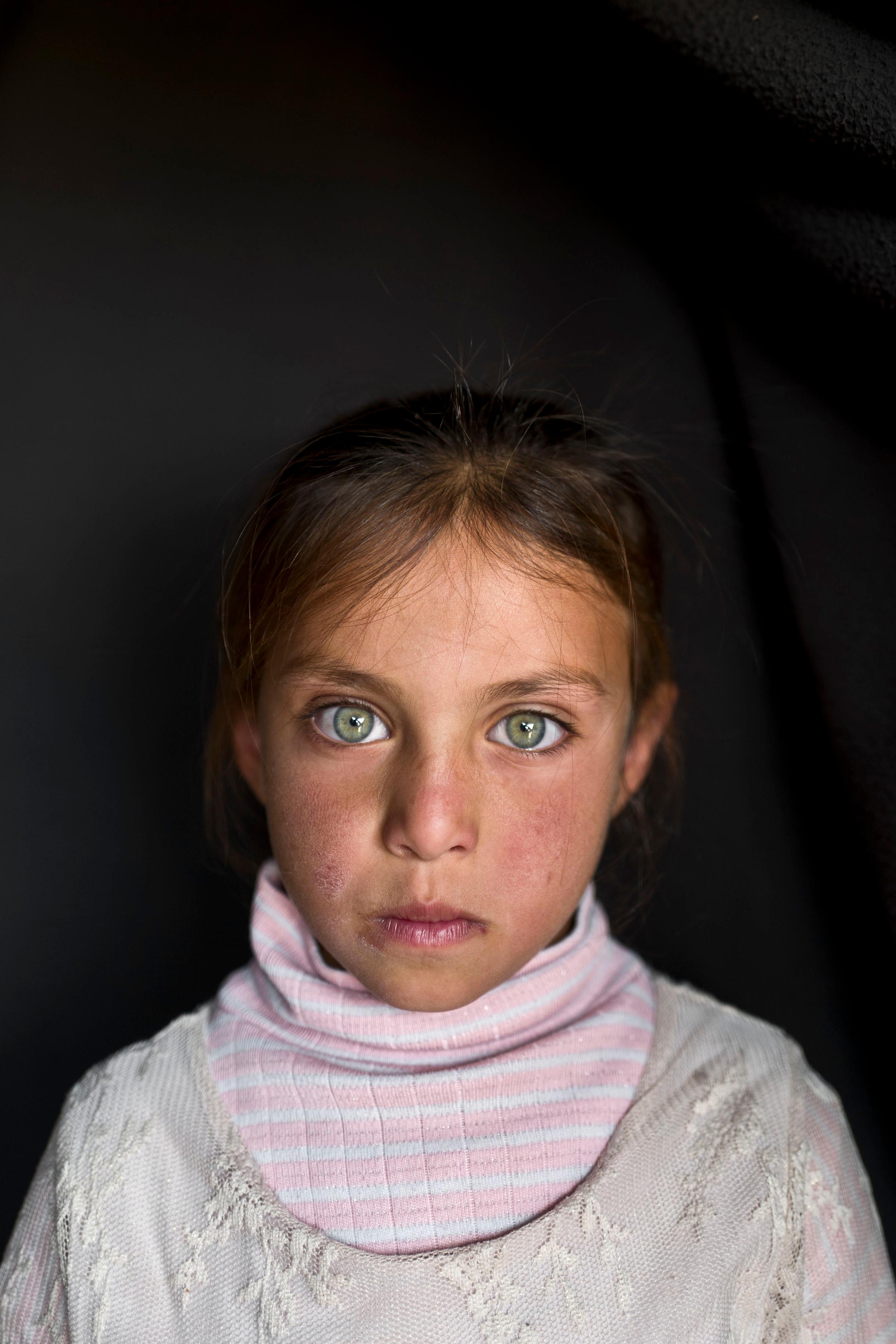
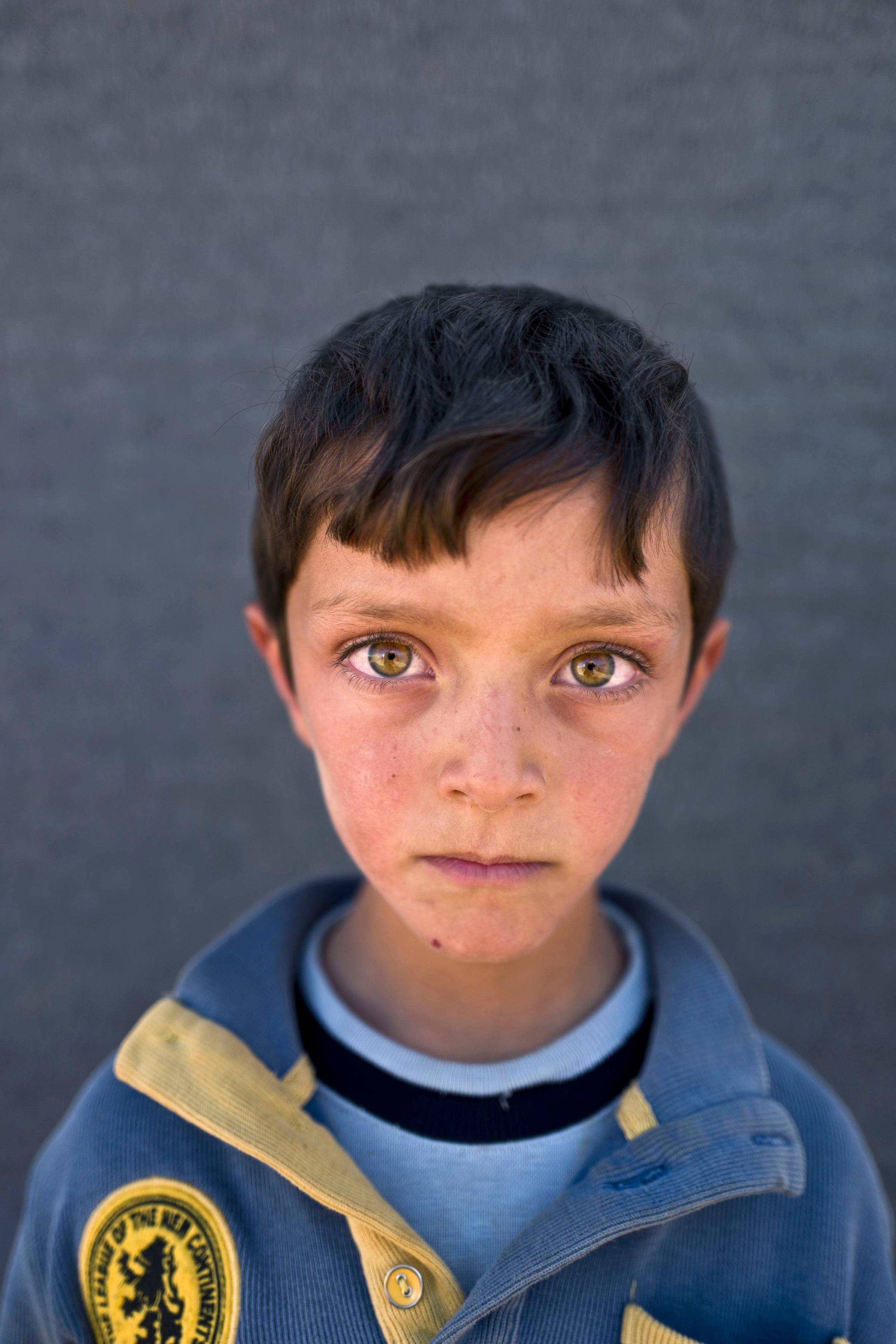
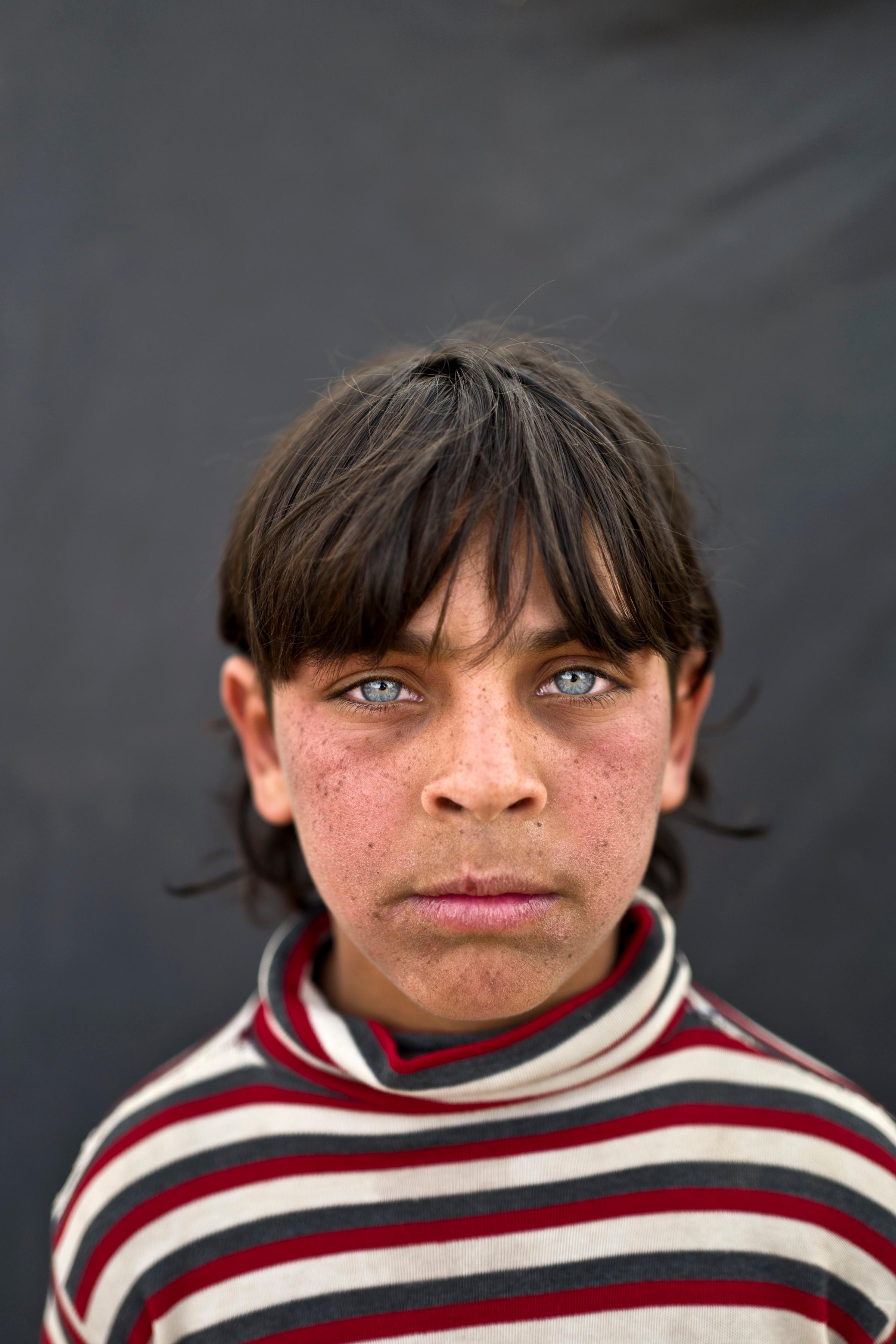

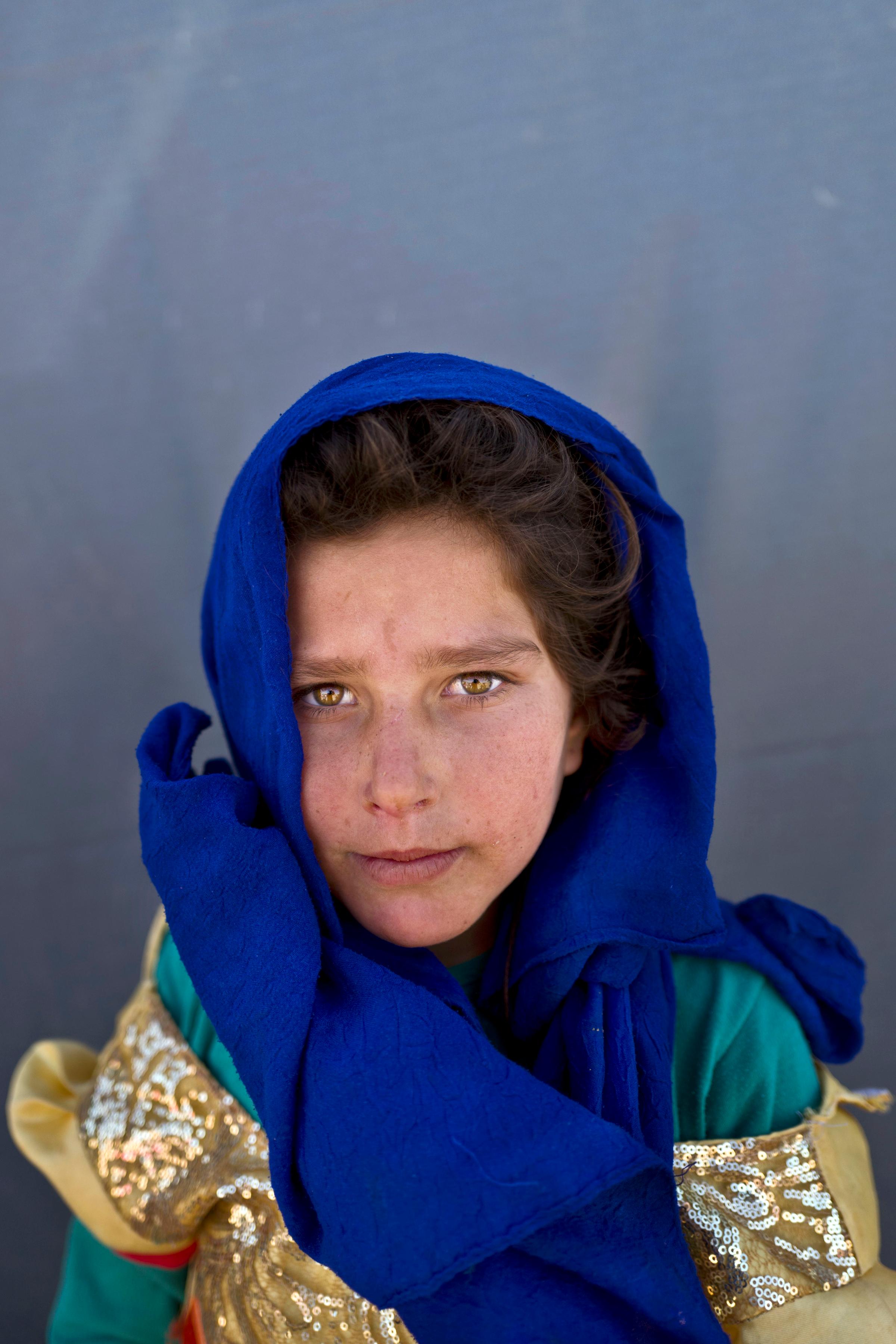
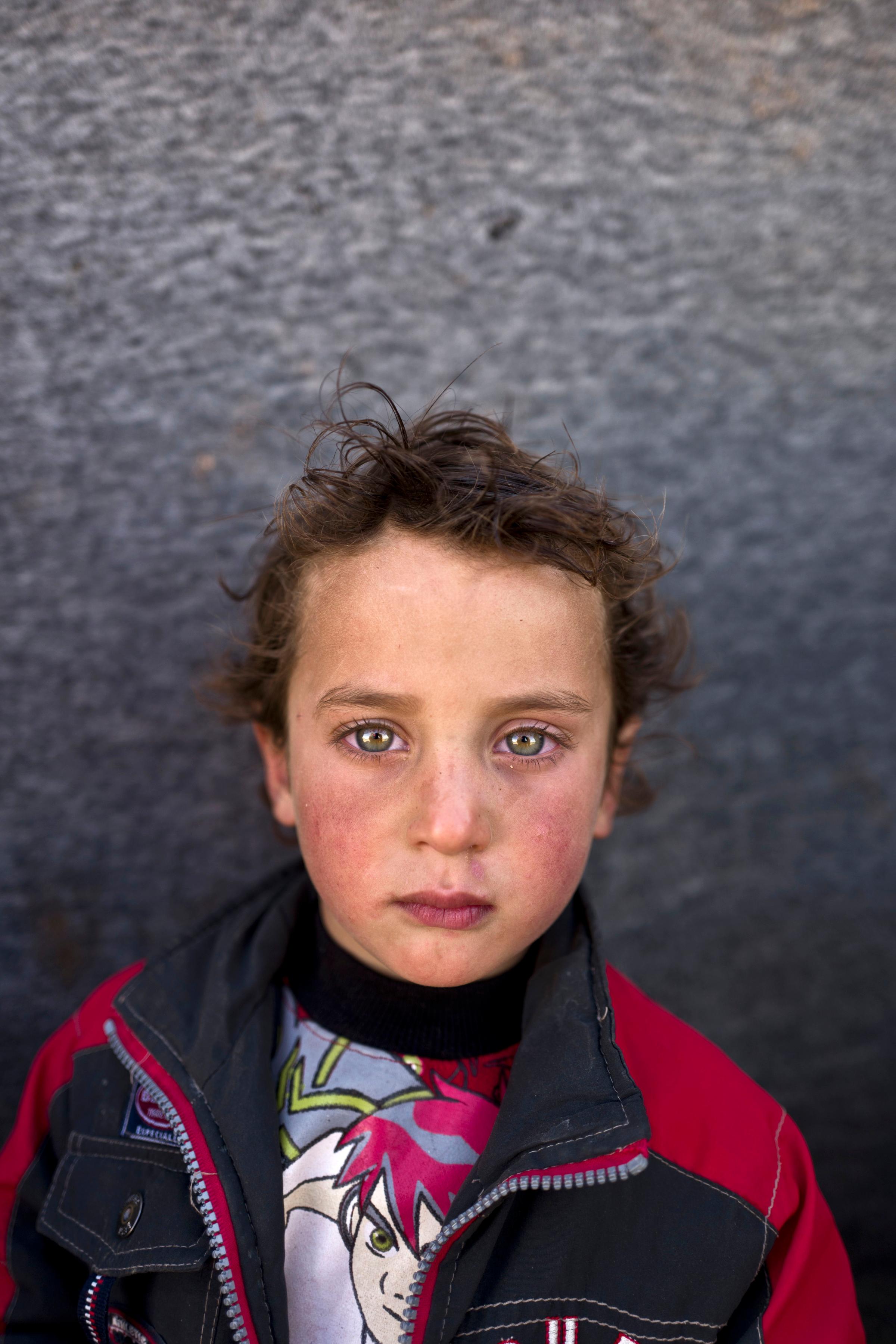
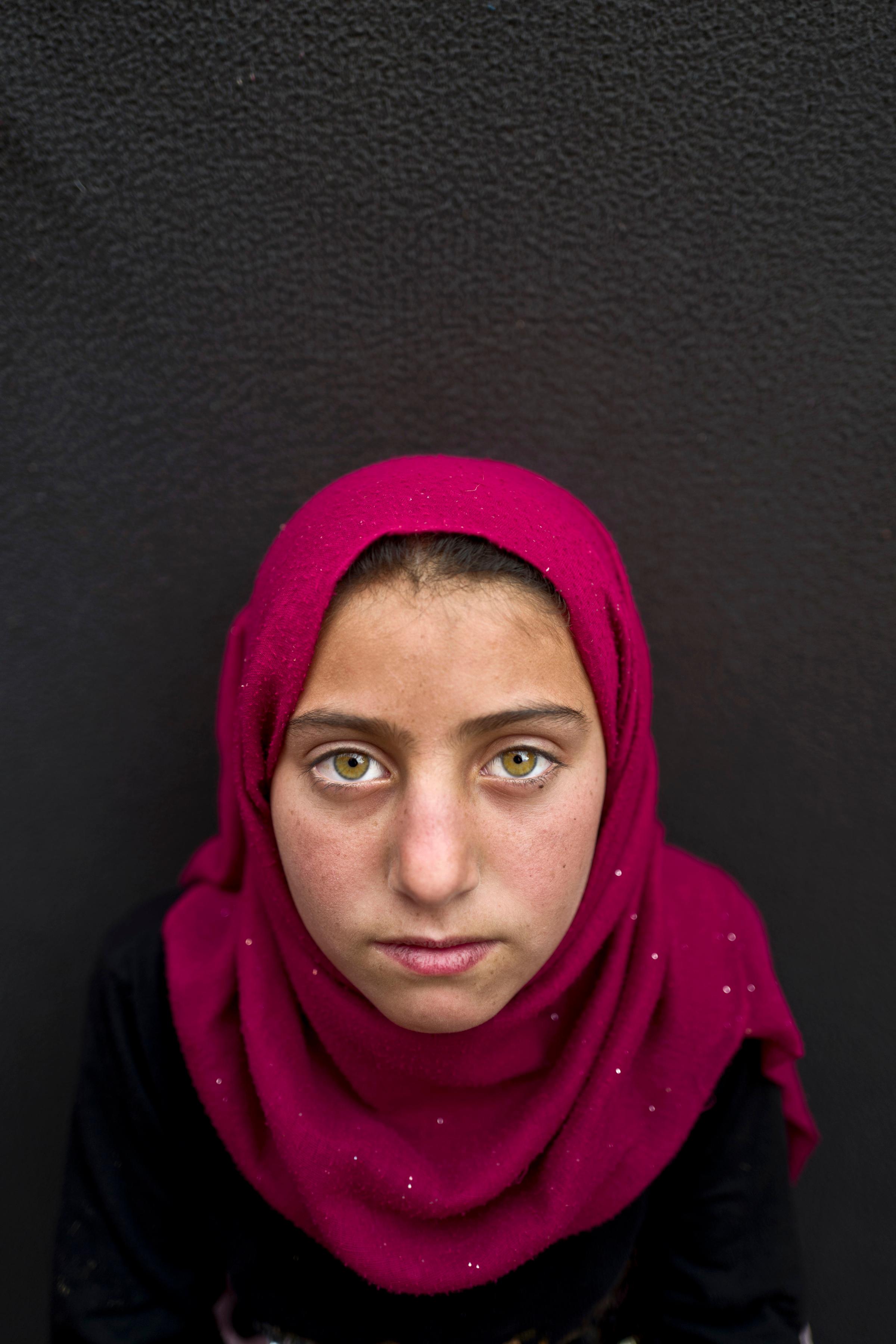
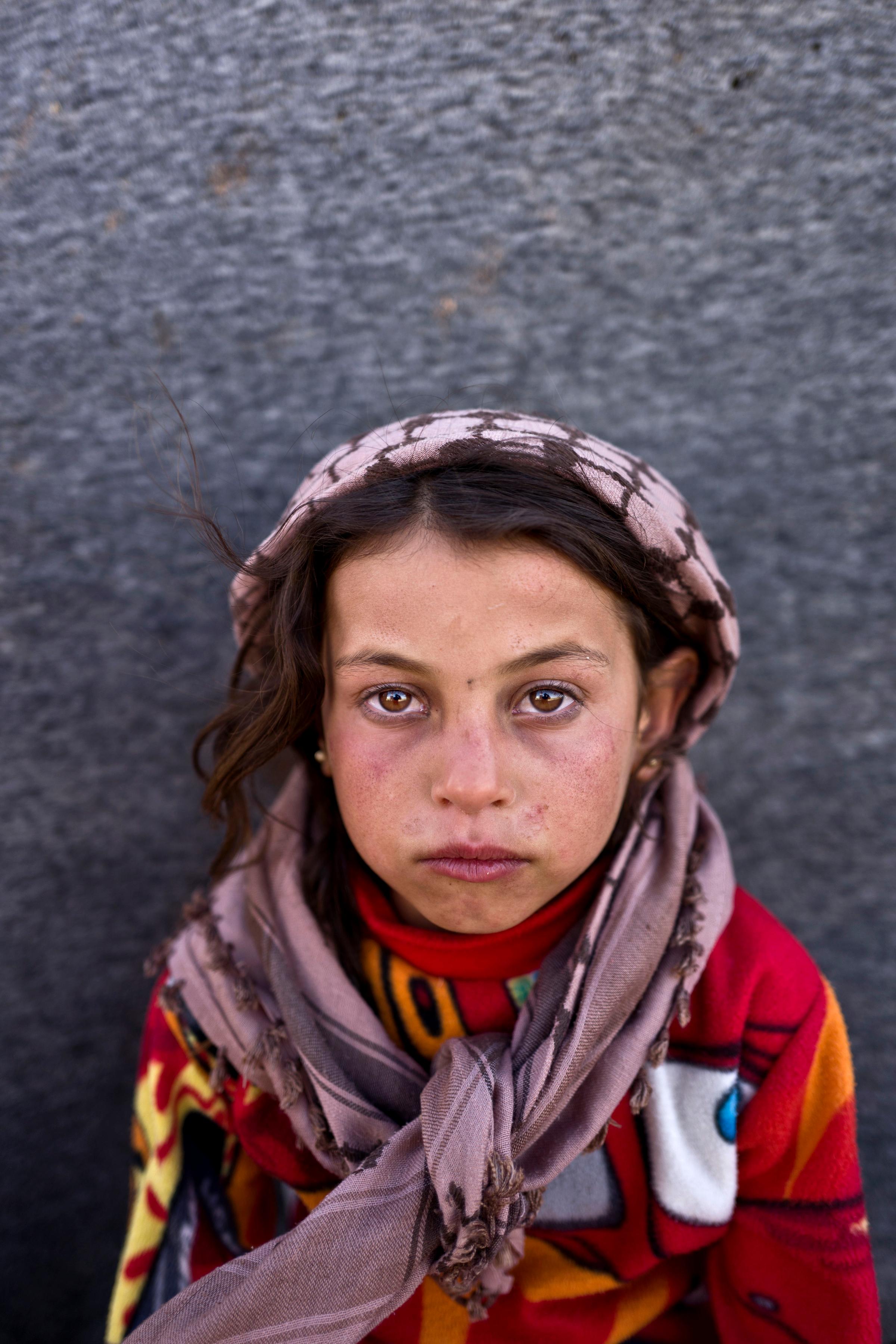
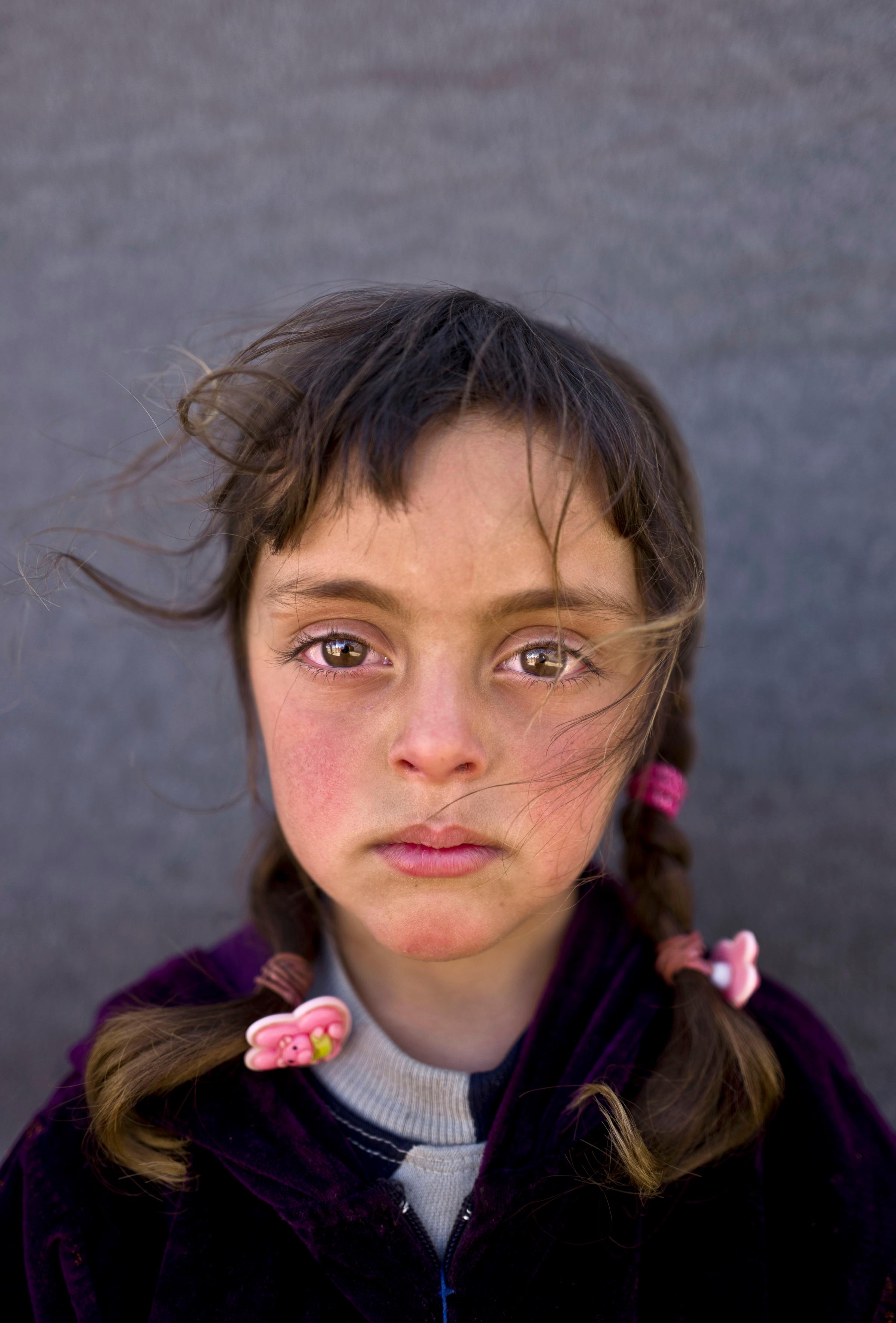
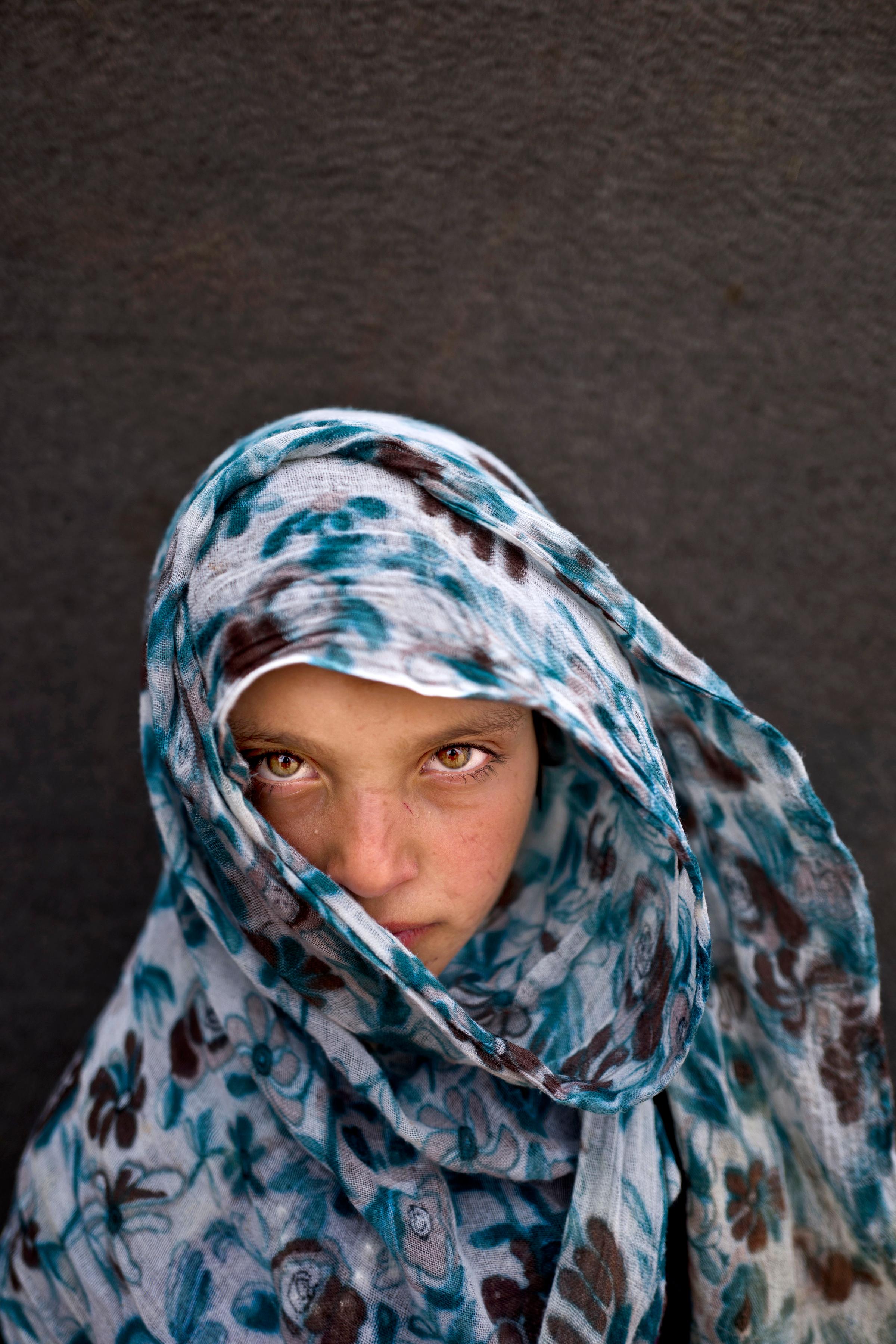
By the next morning, March 15, Macedonia had decided to expel all the migrants who had tried to walk across its territory. The few dozen volunteers and reporters who walked with them — including myself — were held overnight at the police station, given a fine of about $280 and banned from entering Macedonia for six months. But the refugees received much harsher treatment. After sitting for hours in the cold, with their clothes still drenched from the river, they were taken in buses in the middle of the night back the Greek border, where Macedonian police told them to walk south and not come back, according to a handful of migrants interviewed about this experience the next day. Nearly all of them made their way back to the Idomeni camp by morning, walking for miles along the highways and settling into the tents they had abandoned the previous day.
What’s still unclear is who might have produced the flyer that encouraged the migrants on their march. Among the false claims it made was the assertion that migrants who make it to Eastern Europe would be allowed to enter Germany and stay there. “Germany is still accepting all refugees,” reads the Arabic text. But this is not true, as Germany has also moved to limit the inflow of migrants. Last year’s arrival of more than a million refugees has deeply eroded public support for Chancellor Angela Merkel and her political party, the Christian Democratic Union, which saw its far-right rival, the harshly anti-immigration Alternative for Germany, make substantial gains in regional elections held last weekend.
So Merkel is in no position to invite all the refugees now stranded in Greece, let alone the 2.5 million Syrians living in Turkey. In the past weeks, she has thrown her support behind an E.U. deal with the Turkish government, which has agreed to take back migrants from Greece as long as Turkey can send an equal number of Syrian refugees to other E.U. countries through an orderly relocation process. On March 17, the E.U. is due to finalize the terms of that arrangement at a summit in Brussels.
The migrants who set out on Monday’s march, just three days before the E.U. summit, clearly felt that walking was the last chance they had. The leaflets clearly encouraged them in that belief, and it’s hard to blame them. For families clinging in Idomeni to any optimistic rumor and scrap of hope, the message scrawled on those papers in Arabic was a dangerous form of incitement, one that the Greek Prime Minister condemned on Wednesday as “unacceptable” and “criminal.”
The charities working at Idomeni agree with him. “Whoever printed that should be the one sitting in jail,” said Lea Wilmsen, a German volunteer and aid worker, as she sat in detention at the Macedonian police station, waiting to pay her fine for unwittingly crossing the border on foot along with the refugees.
The next day, Greek police began investigating whether some of the volunteers or activists at Idomeni may have printed the leaflets and handed them out to the refugees. Even to some of the migrants, it seemed suspicious that some of the activists had brought along rope to help them ford the river, as though they had been prepared for what was coming that day. Abdo, the organizer of the march, wouldn’t say where he had gotten the flyers. But given the will, it would not be especially difficult for refugees to take a taxi to a hotel or Internet café in a nearby town and print the flyers themselves, possibly to help them gather the large numbers they felt they needed to overwhelm the border guards.
For their part, the volunteers who accompanied the migrants on their adventure denied doing anything to encourage it. “We learned about [the flyers] in the morning,” a few hours before the march, said Kousoula, the co-founder of the aid-distribution and charity group known as InterVolve, many of whose volunteers joined the march out of Idomeni. “We tried to talk them out of it. We thought they would get tired and turn back. But no,” she says. “These people are prepared to get shot or drown rather than die in that camp.” So they are likely to continue their attempts to move north, regardless what obstacles nature or politics puts in their way.
More Must-Reads from TIME
- Donald Trump Is TIME's 2024 Person of the Year
- Why We Chose Trump as Person of the Year
- Is Intermittent Fasting Good or Bad for You?
- The 100 Must-Read Books of 2024
- The 20 Best Christmas TV Episodes
- Column: If Optimism Feels Ridiculous Now, Try Hope
- The Future of Climate Action Is Trade Policy
- Merle Bombardieri Is Helping People Make the Baby Decision
Contact us at letters@time.com